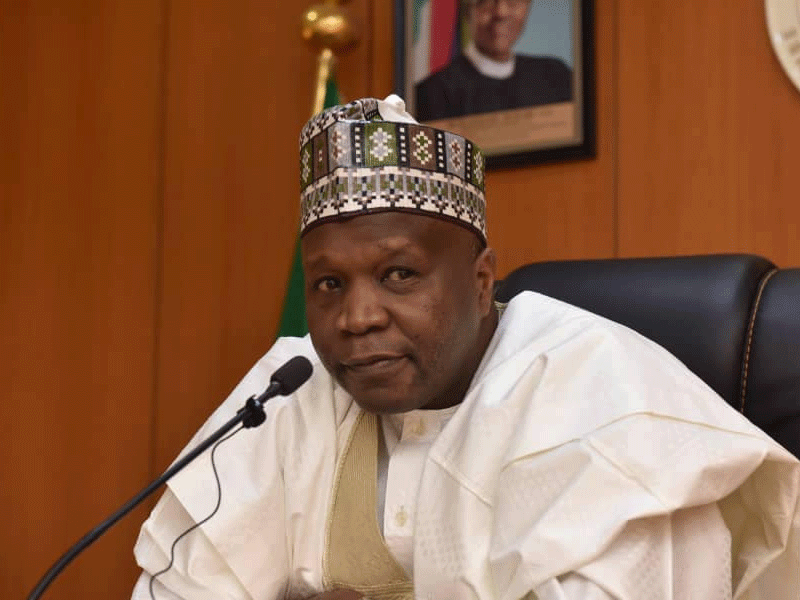The creation of 13 Local Council Development Areas (LCDAs) in Gombe State, Nigeria, has ignited a debate surrounding its potential benefits, constitutional validity, and underlying political motivations. Governor Muhammadu Yahaya signed the bill into law on August 25, 2025, increasing the state’s grassroots administrative units from 11 LGAs to 24. The government argues that this move is necessary to address a structural imbalance, citing Gombe’s relatively small number of LGAs compared to its landmass and population, and its impact on service delivery and security. Critics, however, question the timing and legality of the initiative, raising concerns about financial sustainability and potential political maneuvering.
The rapid progression of the bill through the Gombe State House of Assembly, from its initial introduction to its enactment, has fueled suspicions of a pre-determined outcome. The government’s rationale for creating the LCDAs revolves around improving grassroots governance, bringing government closer to the people, and fostering equitable development. Governor Yahaya emphasizes that the LCDAs derive their legitimacy from the Nigerian Constitution’s provision empowering state assemblies to legislate for peace, order, and good governance. He envisions the LCDAs as catalysts for development and improved service delivery, particularly in areas previously marginalized due to the vastness of existing LGAs. A transition technical committee has been established to facilitate the smooth integration of the new LCDAs.
The precedent for creating LCDAs exists in other Nigerian states, most notably Lagos, which established 37 LCDAs despite facing federal opposition and legal challenges. While LCDAs have shown the potential to enhance local governance, they often encounter obstacles related to funding and legitimacy, as federal allocations are tied to constitutionally recognized LGAs. Gombe State’s experiment with LCDAs will therefore be closely watched to determine whether it can achieve its stated objectives or become another instance of administrative units lacking meaningful impact.
Governor Yahaya contends that Gombe’s limited number of LGAs compared to other states with similar or smaller populations and landmasses has created a structural imbalance with negative consequences for service delivery and security. He argues that this imbalance has fueled insecurity by creating ungoverned spaces. The creation of the LCDAs, he suggests, represents a decisive step towards correcting this imbalance. He has directed both the new LCDAs and existing LGAs to prioritize security, basic education, primary healthcare, and agriculture as key areas of focus.
However, skeptics view the move as politically motivated, particularly given the upcoming elections. They argue that the new LCDAs could become instruments for political patronage and consolidation of power. Former permanent secretary Umar Gurama has voiced strong opposition, questioning the legality of the move given existing Supreme Court rulings on local government structures and funding. He also raises concerns about the financial sustainability of the LCDAs, particularly given the potential strain on resources allocated to existing LGAs. The timing of the LCDAs’ creation, ahead of the conclusion of the Senate’s constitutional review process, further fuels suspicion.
The success or failure of Gombe’s LCDAs will hinge on a number of factors. Firstly, their financial sustainability will be crucial. Without direct access to federal allocations, the LCDAs will be reliant on funding from their parent LGAs and the state government. This could create friction and competition for resources. Secondly, the provision of basic infrastructure in the newly created LCDAs will be essential for their effective functioning. Simply establishing administrative centers without the necessary infrastructure, such as roads, offices, schools, and health facilities, would render them ineffective. Finally, the LCDAs’ ability to deliver tangible development outcomes and improve the lives of ordinary citizens will be the ultimate yardstick for measuring their success. Whether they can achieve this remains to be seen. The Gombe experiment will be a test case not just for the state, but potentially for the broader debate on local governance reform in Nigeria.














